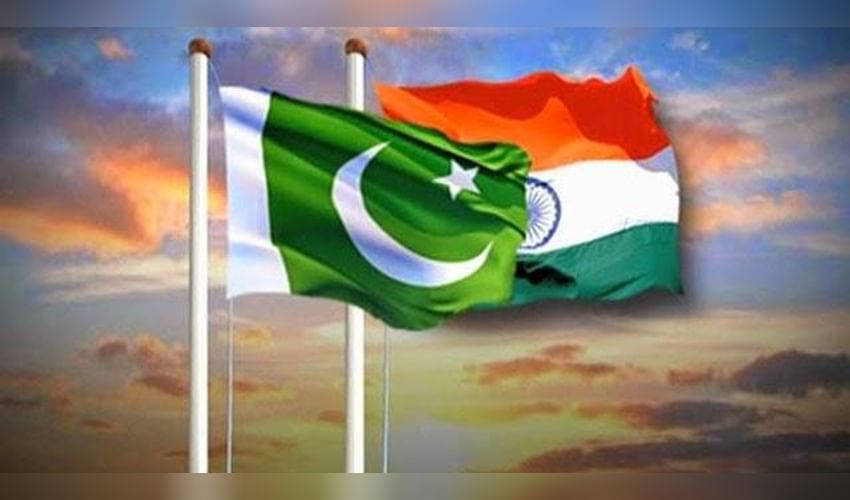Military
Pakistan's "Two-Front War" Rhetoric: A Desperate Diversion from Domestic Chaos

In recent days, Pakistan’s political and military leadership has ramped up its war rhetoric against India, warning of a potential “two-front war.” Defence Minister Khawaja Asif’s remarks that “India could play dirty” and that Pakistan is “fully prepared for conflict” have reignited tensions across the region. The Pakistan Army, echoing his tone, claimed it would respond “swiftly, decisively, and destructively” to any provocation from India. These dramatic statements, however, appear to serve more as political theater than as genuine strategic assessments, reflecting a pattern of deflection from Pakistan’s deepening domestic crises.
At the heart of Islamabad’s rhetoric lies a familiar strategy externalize internal failures through militarized nationalism. Pakistan is facing one of its most fragile periods in recent history: a struggling economy under another IMF bailout, rising militant attacks by the Tehreek-i-Taliban Pakistan (TTP), political instability, and mounting public frustration. In this environment, invoking the threat of war offers a convenient narrative to unite the population under the banner of “national security” while diverting attention from inflation, unemployment, and governance paralysis.
Analysts argue that Pakistan’s “two-front war” narrative implying simultaneous threats from India and internal insurgents is both unrealistic and dangerous. While it may boost short-term political capital, such alarmist talk undermines regional stability and risks escalating tensions in one of the world’s most volatile nuclear flashpoints. India has dismissed Pakistan’s statements as “irresponsible war-mongering,” accusing Islamabad of weaponizing anti-India sentiment to mask its own administrative and economic failures.
Beyond rhetoric, Pakistan’s actual military readiness remains questionable. Years of financial mismanagement, dependence on foreign aid, and domestic insecurity have weakened its defense capabilities. Moreover, continued reliance on extremist groups as strategic assets has backfired, with militant violence surging within Pakistan’s borders particularly in Khyber Pakhtunkhwa and Balochistan. This internal instability raises doubts about Islamabad’s ability to handle even one conflict front, let alone two.
The international community, too, is growing weary of Pakistan’s escalating hostility. Diplomatic observers note that by framing India as a constant external threat, Pakistan risks isolating itself further at a time when global priorities are shifting toward economic resilience and cooperation. Instead of issuing inflammatory threats, Islamabad could strengthen its position by pursuing dialogue, economic reform, and internal peace.
In the end, Pakistan’s “two-front war” rhetoric is not a sign of strength but of insecurity. It reflects a state struggling to manage internal decay while clinging to outdated narratives of military heroism. Unless Pakistan redirects its focus toward domestic stability, curbs extremist influences, and rebuilds international credibility, its words will continue to echo hollowly a desperate distraction from the chaos within.
Disclaimer: This Image is taken from South Asia Investor.



